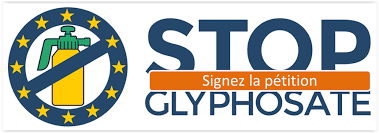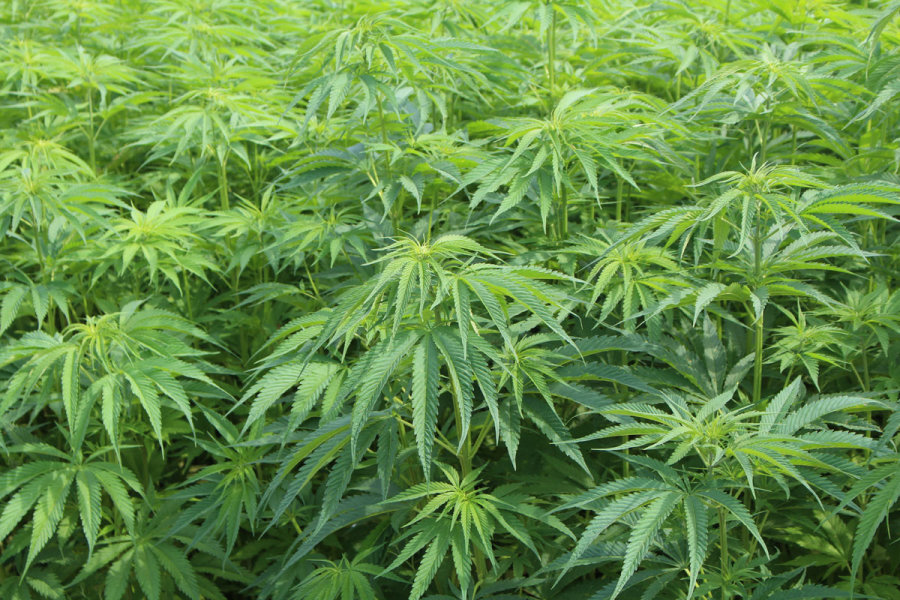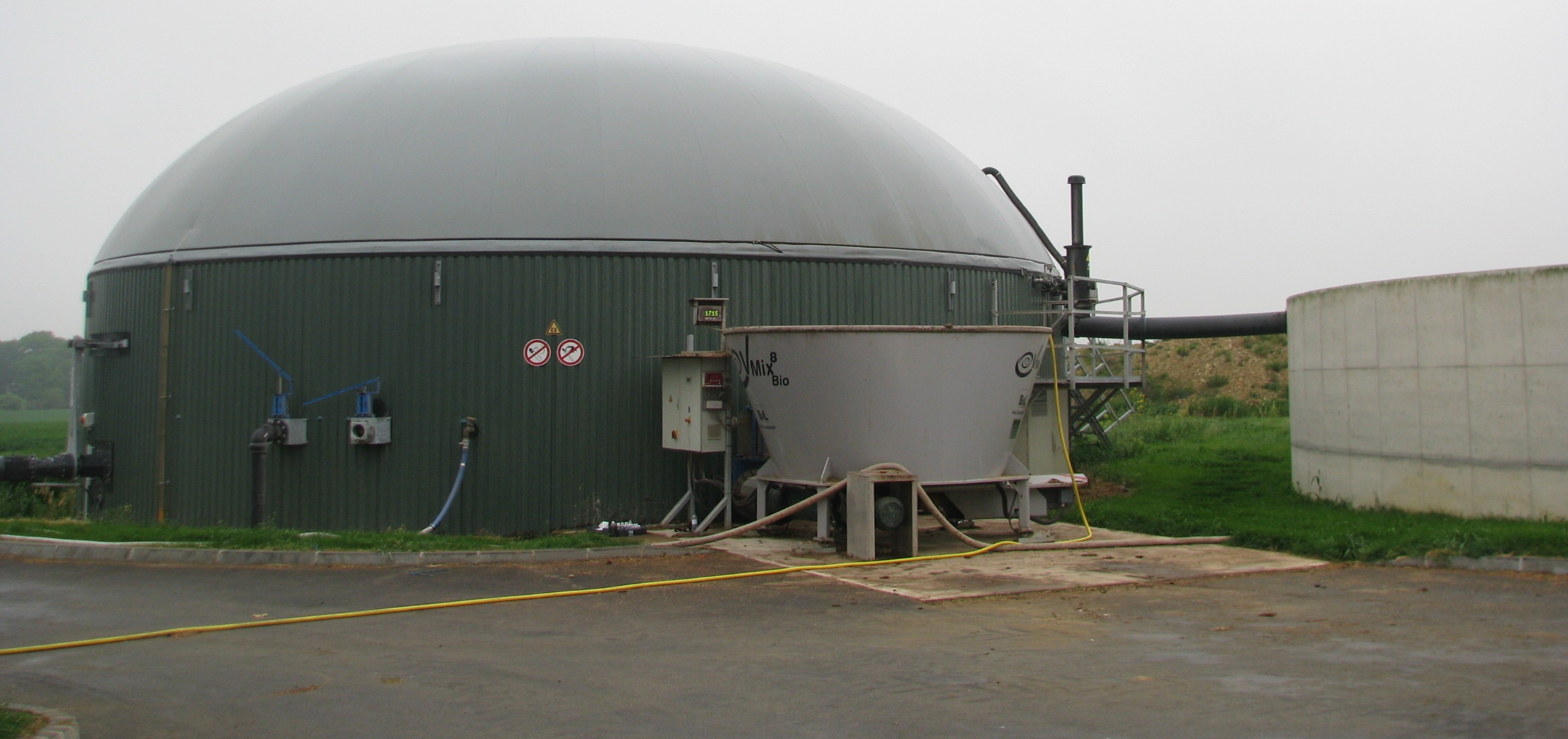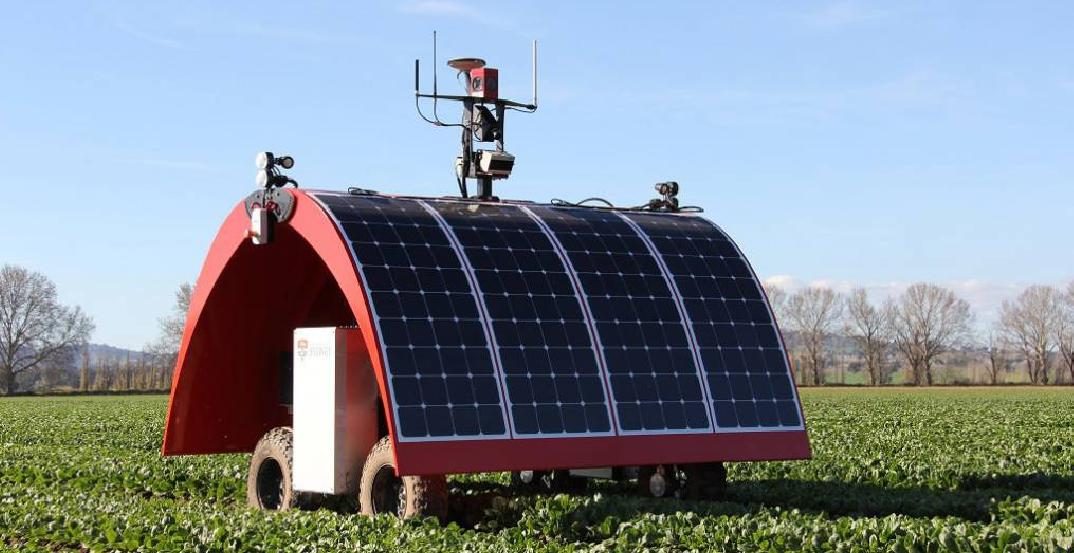French farmers have meanwhile been demonstrating against France’s proposed ban, claiming it will break them, citing their already meagre average income of 350 euros per month and pointing out that the ban even to use it at agreed reasonable doses will oblige them to use other pesticides in higher doses which would be even more dangerous. While their fear is genuine (although not shared by all) – so is that of the consumer for our health and the environment (see Glyphosate, the war on weeds): trust does not abound.
The French government is leading the opposition in the EU on the use of glyphosate where there are alternative methods. A study carried out la st year by the renowned scientific research institute CNRS and written by their Centre for biological studies, showed that halving the amount of pesticides used on cereals can in fact substantially raise the cereal production level – up to 200 euros per hectare (one hectare contains about 2.47 acres). Weeds eat up nitrates. The experiment covered a 450 Km2 area at Chizé in western France which has been under study since 1994. Read here, and here.
st year by the renowned scientific research institute CNRS and written by their Centre for biological studies, showed that halving the amount of pesticides used on cereals can in fact substantially raise the cereal production level – up to 200 euros per hectare (one hectare contains about 2.47 acres). Weeds eat up nitrates. The experiment covered a 450 Km2 area at Chizé in western France which has been under study since 1994. Read here, and here.
In the face of recent demonstrations, M. Hulot defended his position by pointing out that farmers could put themselves in danger of multiple lawsuits when people fall sick as a result of their over-use of glyphosate. He went on to emphasize the necessity to adapt to the many alternatives in the farming sector for which support and information is available.
Alternative methods: what are the options?
Renewable energy production in the farming sector is encouraged by the present Government under the July 2015 law on energy transition for green growth, with an emphasis on producing for small distribution chains to encourage a circular economy. Farmers have the option to turn to activities such as:
- Methanisation. France lags behind other countries and needs to step up production to reach its goal of 10% green gas by the year 2030.
- Solar panels. An estimated 40% of newly constructed cattle barn roofs could be fitted out with solar panels according to the Institut de l’élevage (Breeding Institute), which means roughly 1.2 million square metres per year, producing 140,000 kWc.
- Crops for Biofuels:
Bioethanol produced from cereals, beets and other vegetable products, which are added to petrol. This process has, however, come under criticism since it requires heavily polluting machinery, so a new ‘second generation’ of biofuels which circumvents this problem is being researched, bringing together products from cellulose biomass which could be used for liquid fuel.* This is called cellulosic ethanol. See report by the International Energy Agency.
Biodiesel: 7-8% of biodiesel, produced from vegetable oil or animal fat is added to diesel for fuel, under present French law, until 2020. (After which new regulations will be applied in Europe under the Renewable Energy Directive in the 2021-2030: RED II.) Hopes are high for a new fuel B10 for diesel motors containing up to 10% of biodiesel, similar for the E10 we already see for petrol
.
Hemp absorbs toxics from the soil; can be used as a biofuel as well as for textiles and construction The production of biofuels has also enabled France to increase its production of vegetable protein for animal foods.
- Note that hemp, which can be used as a biofuel (as well as for textiles and construction), also cleans up pesticides, toxic metals, solvents and petrol present in the soil – check this scientific study carried out at Chernobyl after the nuclear disaster of 1986.
- Other new farming methods to circumvent the use of toxic pesticides are discussed here.
If fossil fuels are to be a thing of the past, they have to be replaced by new products derived from biomass, which is where new methods of farming come in. Provided that innovation research is kept up and that farmers are given all the aid and training required (see below), these practices could either complement their income or enable them to entirely switch to such new activities.

France is a conservative country and change is very often perceived as a threat, particularly by the older generation. The fear is compounded by pressure from French Trade Unions who, seeing their political power dwindle are driven to react against the powers that be. (Note that only 8% of workers in France belong to a Union, and new legislation
now gives more power to companies over their workforce). On the other hand, the younger generation of farmers seem to be adapting well to new farming methods and innovation in the sector, particularly to bio farming which is booming in France. (See Bio-boom in France.)
President Macron has brought on a mini revolution in France, not only in effectively destroying all other political parties in order to win the Presidential election in May, but also in shaking up old habits: he is creating a new drive to implement the country’s Renewable Energy plan and has set up the Estates General for Food to raise awareness amongst all citizens and to help farmers improve their situation.
French farmers in difficulty – in particular financially- can benefit from help via:
- Agridiff, details of which are available online on the Public Service governmental portal. Agridiff offers a diagnosis of the farm and its affordability, a recovery plan, and follow-up.
- The MSA, the French agricultural social security body offers not only administrative and consultative support but also psychological help.
- The French Environment and Energy Management Agency offers administrative, financial and research aid for projects which favour a cleaner environment.
- The regional Chambers of agriculture (for example the Normandy Chamber of Agriculture) offer aid and finance, although the Minister for Agriculture recently announced that the existing aid to maintain new bio farms will diminish to make more money available for new conversions not only to bio but to other types of farming which respect the environment. Responsibility for disbursing this aid is shared between the State and the Regions – something which has caused much confusion.
- The independent Association Solidarité Paysans offers help for farmers from both salaried and voluntary specialists, and brings together farmers from 64 French Departments.

_____________________________________________________
* IEA BioEnergy report: IEA Bioenergy, The Potential and Challenges of Drop-in Biofuels
Presentation of ADEME’s activity in Normandy (PDF – 952.2Ko)
Glyphosate: the War on Weeds
French Environment and Energy Management Agency (ADEME).

